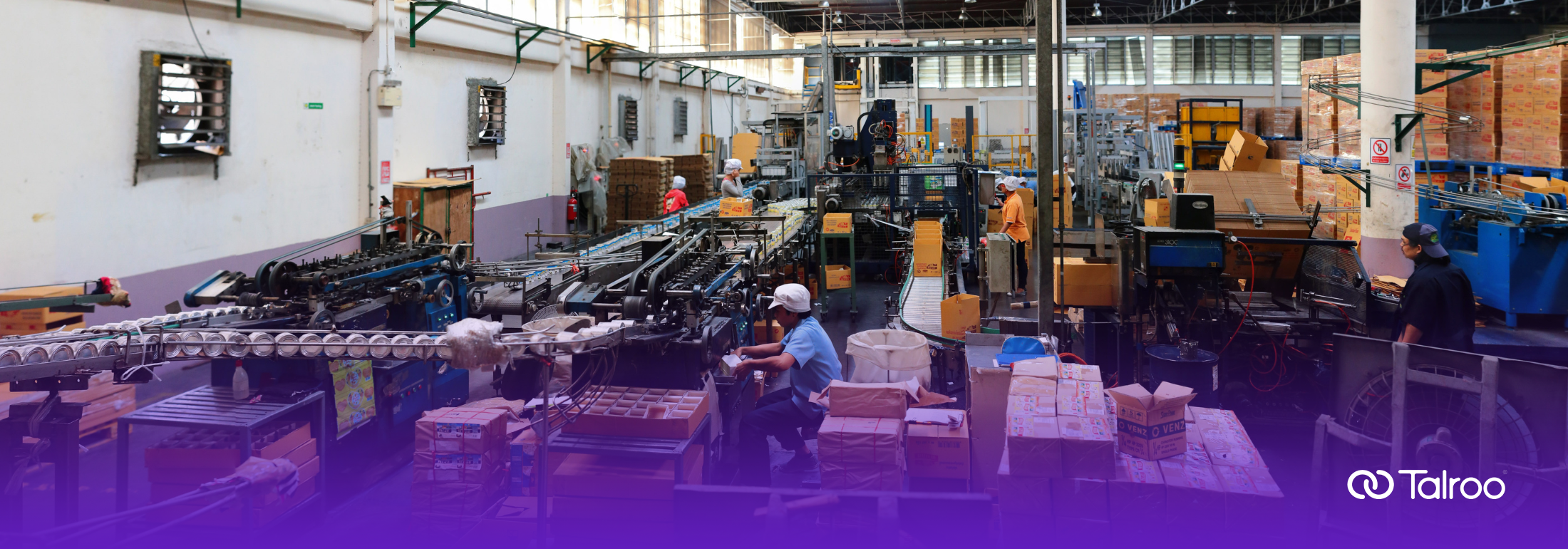
Addressing the tight labor market and workforce churn amid shifting talent models is a top priority for most manufacturers in 2023. According to Deloitte, despite a record level of new hires, job openings in the industry are still hovering near all-time highs. Additionally, voluntary separations continue to outnumber layoffs and discharges, indicating substantial workforce churn. This prevailing workforce shortage, elevated by supply chain limitations, reduces operational efficiency and margins.
Related: Five HR Metrics the Manufacturing Industry Needs to Know
While talent attraction is front and center, retaining employees has become crucial in this industry. The same Deloitte research reports that one in three surveyed executives have retaining high-performing employees as their strategic priority for 2023. Here, we’ll share some focus areas for manufacturers that can strengthen your talent retention strategy.
Strategies for Talent Retention in Manufacturing
In the rapidly changing landscape of manufacturing, skilled and experienced talent is the lifeblood of success. As the industry continues to evolve and embrace automation and technology, the value of human expertise remains unparalleled. However, due to various factors, manufacturing companies often need help retaining their top talent.
Preserve Institutional Knowledge
Specialized skills and knowledge acquired through years of experience are invaluable in manufacturing. Employee turnover can lead to losing vital institutional knowledge, best practices, and insights gained through years of working on complex processes and machinery. Retaining seasoned employees ensures the preservation of critical expertise, ultimately contributing to better operational efficiency and product quality.
Improve Productivity and Quality
Experienced employees are more adept at handling complex machinery and processes, leading to higher productivity and better product quality. A stable workforce committed to continuous improvement can drive efficiency gains and contribute to a culture of quality excellence. Retaining skilled talent directly impacts the overall competitiveness and profitability of manufacturing organizations.
Mitigate Training Costs
Replacing skilled employees can be costly, particularly in recruitment, onboarding, and training. By focusing on talent retention, companies can reduce these expenses and allocate resources toward other strategic initiatives that drive growth and innovation. Manufacturers should emphasize reskilling strategies, including continuous training to upskill the workforce. Internal mobility combined with upskilling and reskilling can also avoid redundancies should restructuring be necessary – having employees trained to move into other roles, either laterally or by promotion – saves recruitment and new employee training costs.
Skilled workers are in short supply in the manufacturing industry.
Encourage Innovation and Process Improvement
Employees who feel valued and supported are likelier to be engaged in their work and contribute innovative ideas. A culture of talent retention encourages open communication and a collaborative environment where employees are motivated to share suggestions for process improvement and efficiency gains. Retained talent is pivotal in driving continuous innovation within the manufacturing industry. On the employer side, having open discussions about process improvements allows manufacturers to address factors like well-being and flexibility, essential to experienced workers and the younger generation entering the workforce.
Strengthen Employer Branding
A reputation for low employee turnover and a commitment to talent retention can significantly enhance an organization’s employer branding. A positive work environment focusing on employee development and well-being attracts top talent and makes the organization an employer of choice within the competitive manufacturing landscape.
Related: Best Practices for Job Postings in Manufacturing
In the manufacturing sector right now, talent retention is a luxury and a strategic imperative. As companies embrace automation and technological advancements, the expertise and experience of their workforce become even more critical. By investing in talent retention strategies, manufacturing organizations can preserve institutional knowledge, enhance productivity, ensure production stability, and foster a culture of innovation. A loyal and engaged workforce ultimately becomes a powerful asset in propelling manufacturing companies toward sustainable growth and long-term success.




